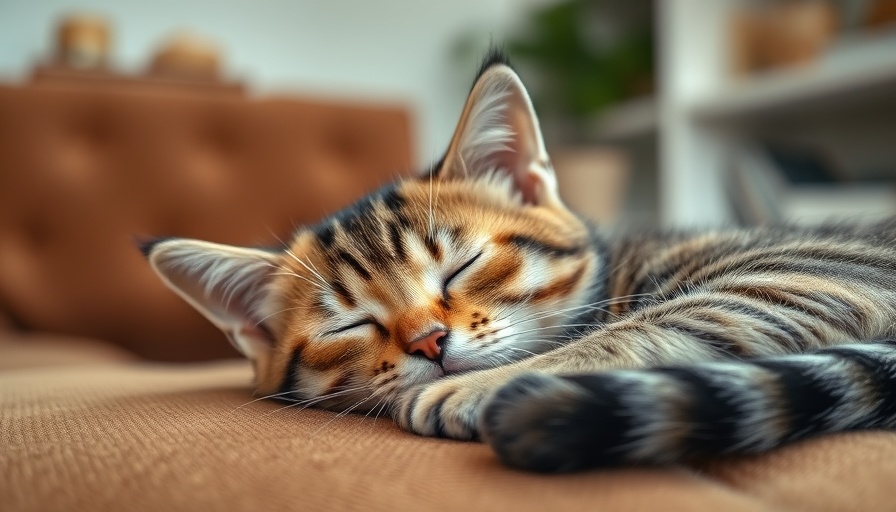
Is Your Kitten Vomiting? Here's What You Need to Know
If you're a kitten parent, you've likely found yourself jolted awake by the unmistakable sounds of retching followed by the unmistakable mess of a kitten throwing up. This experience can be alarming, especially if it happens without apparent reason. Although occasional vomiting can be entirely normal, it’s crucial to discern when it’s simply a hairball and when it might signal a more serious problem.
Understanding the Common Causes of Vomiting in Kittens
While all cats vomit occasionally, especially during grooming, frequent vomiting deserves immediate attention. Here are some common reasons your kitten could be experiencing this issue:
- Hairballs: Particularly in long-haired breeds, hairballs are typically harmless, though frequent occurrences can indicate excessive grooming or a digestive sensitivity. Monitor their vomiting habits and consult a vet if it becomes an issue.
- Foreign Bodies: Kittens are naturally curious and may swallow small toys or parts of toys, leading to obstruction. Check their play area, and be vigilant about any missing toy components, which could create serious health risks.
- Dietary Indiscretion: Kittens might munch on houseplants or other potentially toxic materials, leading to gastrointestinal distress. Familiarize yourself with common household plants that can be harmful to pets.
- Parasites: Internal parasites, such as worms, can sometimes cause vomiting in kittens. Ensure your pet is on a regular deworming schedule and don’t hesitate to have them checked by a veterinarian if parasitic infection is suspected.
- Infection: Gastrointestinal infections are also a risk for kittens, often leading to vomiting and lethargy. Prompt veterinary attention can prevent severe dehydration or other complications.
When to Worry: Signs That Require Veterinary Attention
While the occasional heave may be distressing but common, there are signs that suggest a visit to your vet is warranted:
- Frequent vomiting, particularly if it occurs more than once within a 24-hour period.
- Presence of blood in vomit or unusually colored vomit.
- Signs of distress like lethargy or lack of appetite.
- Diarrhea accompanying the vomiting.
Always err on the side of caution when it comes to your furry companion's health!
Prevention is Key: Tips for Keeping Your Kitten Healthy
Taking preventive measures can help ensure your kitten remains healthy and happy:
- Regular Veterinary Visits: Ensure regular check-ups to catch potential health issues before they become serious.
- Proper Diet: Feeding high-quality cat food can greatly reduce digestive issues and vomiting incidents. Consult your vet for dietary recommendations tailored to your kitten.
- Secure Play Areas: Keep toys in check to prevent any pieces from being swallowed. Regularly inspect your kitten’s area for any hazards.
- Parasite Prevention: Staying on top of deworming treatments is vital for kitten wellness.
Conclusion: Nurturing Your Kitten's Health
Understanding the reasons behind your kitten's occasional vomiting is essential in ensuring they stay healthy. Address any concerns promptly by consulting your vet while being proactive about your pet's environment and diet. As a loving pet owner, you're already on the right path to ensuring your kitten leads a long and happy life!
If you’ve found this information helpful, consider joining our pet care community or share this article with fellow pet owners to spread awareness about kitten health!
 Add Row
Add Row  Add
Add 




 Add Row
Add Row  Add
Add 

Write A Comment